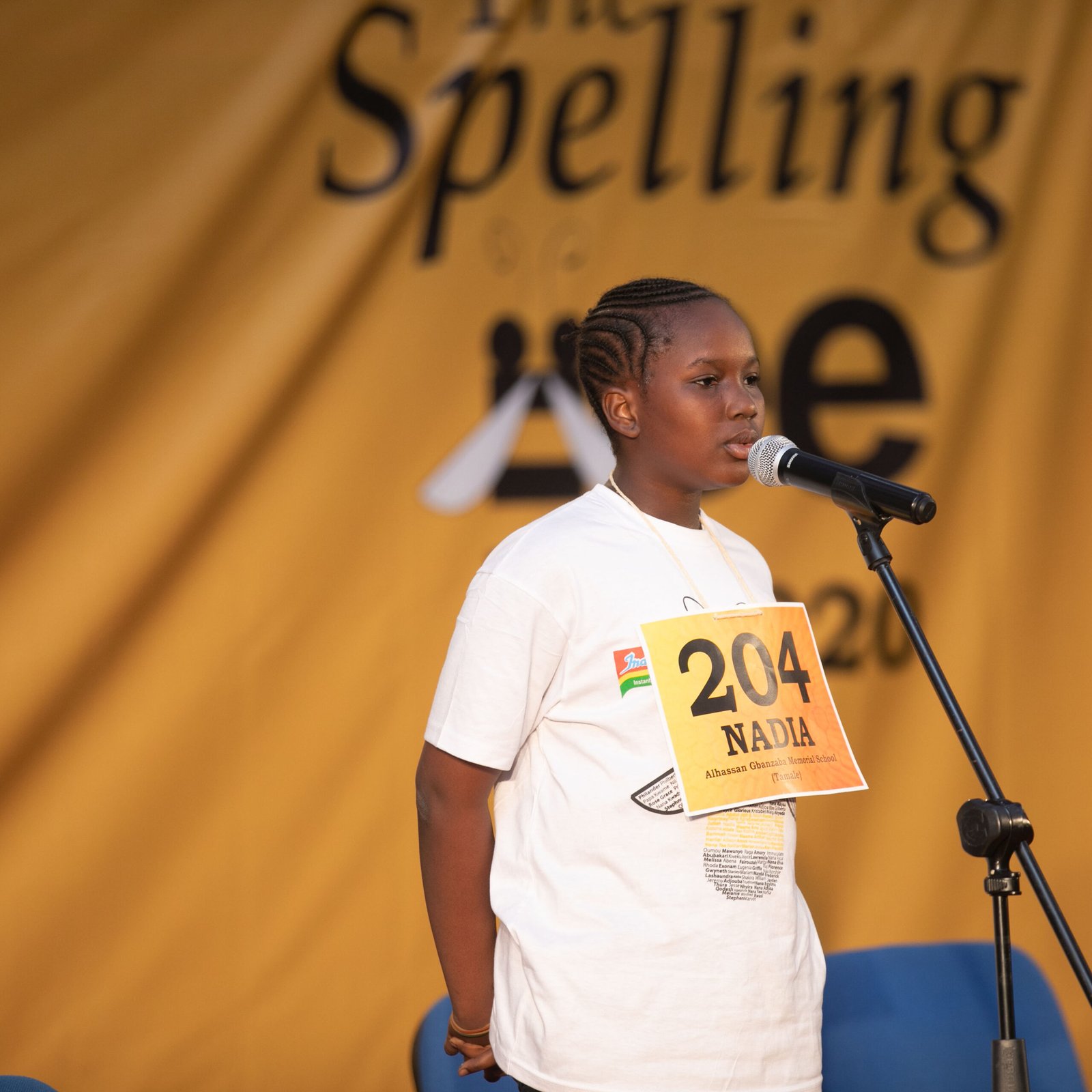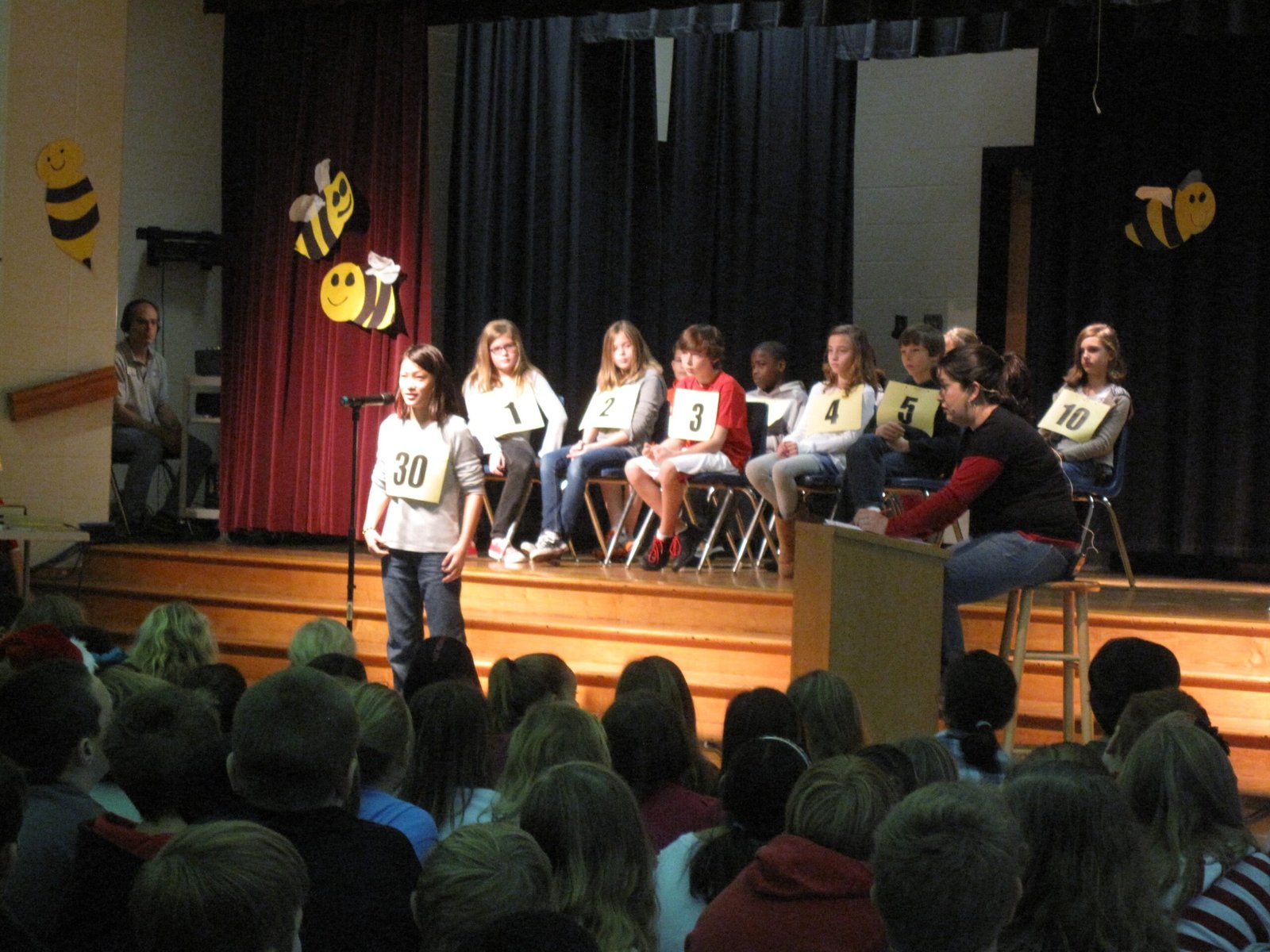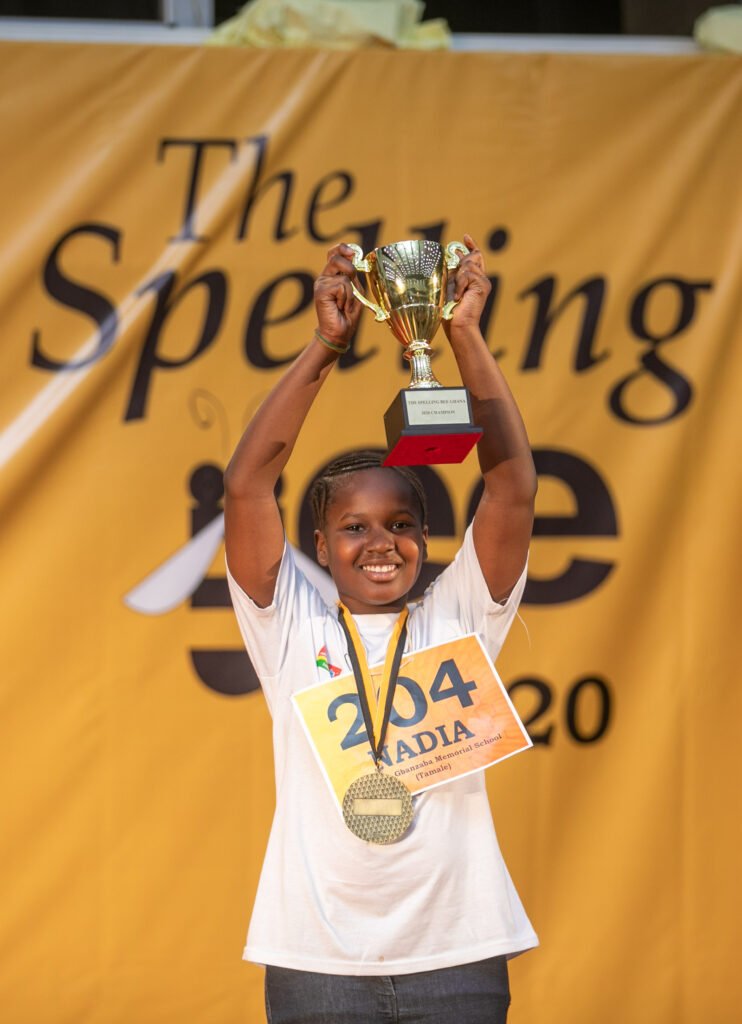Have you ever sat in awe, watching a child on stage—sweaty-palmed, eyes blazing, spelling out “pneumonoultramicroscopicsilicovolcanoconiosis” without missing a beat? There’s something electric about spelling bees, a mix of nerves, pride, and raw brainpower that keeps millions glued to their seats. As the Spelling Bee marks its 100th anniversary, it’s not just about tricky words or gold trophies. It’s a celebration of our brains’ dazzling dance with language—a story of memory, logic, and something deeply human. Let’s open the dictionary, peek inside our gray matter, and discover why spelling is so much more than just “getting it right.”
The Spelling Bee: A Century of Words and Wonder

One hundred years ago, the first National Spelling Bee took center stage, and since then, it’s become an American rite of passage. What started as a small contest in the 1920s now draws national attention and even international competitors. The bee isn’t just about tough words—it’s a nerve-wracking test of knowledge, memory, and composure. The audience holds its breath as each contestant spells, sometimes stumbling over silent letters or quirky rules. For many, it’s a life-changing moment, forging friendships, confidence, and lifelong love of words. The bee is more than a contest; it’s a celebration of language itself.
How the Brain Decodes the Alphabet Soup
When you hear a word and spell it out loud, your brain lights up like Times Square. Scientists have found that spelling taps into several brain regions at once—the visual cortex for seeing the word, the auditory cortex for hearing it, and the prefrontal cortex for remembering rules. It’s a mental relay race, with one part of your brain handing the baton to the next. This dazzling teamwork is why spelling can feel so exhilarating—and why even the smallest slip can trip you up. Like a symphony, each brain region must play its part in perfect harmony.
Why Spelling Is So Hard (and Fascinating)

English spelling is a wild jungle of rules, exceptions, and borrowed words. Why is “knight” spelled with a silent “k”? Why does “colonel” sound nothing like it looks? Linguists say it’s because English is a linguistic melting pot, borrowing words from French, Latin, Greek, and beyond. This patchwork means that sometimes, spelling makes no sense at all. But that’s what makes it fascinating. Like a puzzle, every word holds a story—of migration, culture, and change. That’s why spelling bees aren’t just about memory; they’re a window into history.
Memory Muscles: How Champions Train
Spelling bee champions don’t just rely on luck—they train like athletes. Many spend hours each day drilling word lists, studying etymology, and practicing under pressure. Some use flashcards, while others break words into syllables or invent silly rhymes. It’s not just about rote memorization; it’s about building “memory muscles.” Neuroscientists say this kind of training strengthens connections in the brain, making recall quicker and more reliable. Over time, spellers develop a kind of “spelling intuition”—a gut sense for what looks and sounds right.
The Power of Patterns: Phonics and Beyond

Beneath the chaos of English spelling lies a web of patterns. Phonics—the relationship between sounds and letters—gives spellers clues about how to approach tricky words. For example, the “ph” in “elephant” or the “tion” in “nation” can help guide their choices. But patterns only go so far, especially with borrowed words or irregularities. Expert spellers learn to spot these shortcuts, but they also memorize exceptions. It’s a delicate balance between logic and memory, a dance of rules and rebels.
The Emotional Rollercoaster of Competition

Standing on a spelling bee stage is more than an intellectual challenge—it’s an emotional marathon. Nerves can make even the brightest mind go blank. Some kids freeze, while others thrive under pressure, channeling anxiety into focus. Psychologists say this stress is actually a learning opportunity, teaching resilience and composure. Win or lose, most contestants walk away with a sense of accomplishment and pride. The thrill of competition is as much about bravery as it is about brains.
Etymology: Tracing the Roots of Words
If spelling bees had a secret weapon, it would be etymology—the study of word origins. Knowing where a word comes from can unlock its spelling, especially for tongue-twisters borrowed from Greek or Latin. For example, recognizing that “philosophy” comes from Greek can help a speller remember the “ph.” Etymology turns the bee into a treasure hunt, where every word is a clue to the past. Many champions become amateur linguists, tracing words back through centuries of history.
Technology: Friend or Foe to Spelling?
In today’s world of autocorrect and spellcheck, some people worry that spelling is becoming a lost art. Why memorize words when your phone can fix your mistakes? But research shows that spelling is still crucial for literacy and communication. In fact, technology can help spellers learn—apps and online games make practice fun and interactive. Still, spelling bees remind us that there’s something uniquely human about mastering language ourselves, without digital help.
The Neuroscience of Language Learning
Learning to spell activates some of the brain’s most complex systems. MRI scans show that children who practice spelling have more robust connections between the left and right hemispheres—a sign of flexible thinking. Spelling also improves attention, working memory, and even creativity. Scientists believe that mastering spelling strengthens the brain’s “executive functions,” the same skills we use to solve problems and plan ahead. In a way, spelling is like brain training for life.
Multilingual Minds: Spelling Across Languages

Not all languages are as tricky as English. In Spanish or Finnish, for example, spelling is almost perfectly phonetic—each sound matches a letter. But in French or English, silent letters and exceptions abound. Spelling bee contestants who speak multiple languages often have an edge, using their knowledge of roots and patterns to tackle tough words. Multilingualism also changes the brain, making it more adaptable and resourceful.
Why Some Words Just Won’t Behave
Every speller dreads those words that break all the rules—like “colonel,” “queue,” or “mnemonic.” These “unruly” words are often the result of language mixing or historical accidents. For example, “colonel” comes from Italian and French, but its pronunciation drifted over centuries. Decoding these oddballs takes sharp memory and a sense of humor. They remind us that language is alive, always evolving—and sometimes, just plain weird.
The Social Side of Spelling Bees

Spelling bees aren’t just about solitary study; they’re vibrant social events. Kids make friends, cheer each other on, and share the highs and lows of competition. For many, the bee is a chance to find their tribe—a group of fellow word lovers who “get” their passion. Teachers, parents, and volunteers become mentors and coaches. The sense of community is as important as the spelling itself.
Motivation: What Drives the Champions?
What makes a child pour hours into studying words most adults have never heard? For some, it’s the thrill of competition; for others, a love of language or a desire to make their families proud. Champions often talk about the joy of mastering something difficult, of pushing their limits. Psychologists say this “intrinsic motivation” is key to success—not just in spelling, but in life. The bee teaches kids that hard work, curiosity, and perseverance pay off.
Memory Tricks and Mnemonics

Spellers use all kinds of ingenious tricks to remember tough words. Some invent silly stories—like imagining a “gnome” guarding the silent “g” in “gnaw.” Others use rhymes, songs, or visual images. These memory aids, called mnemonics, are powerful tools for learning. They tap into the brain’s love of patterns and stories, making even the weirdest words memorable. Sometimes, a single clever phrase can turn a stumbling block into a stepping stone.
Spelling and Self-Esteem

For many contestants, the spelling bee is more than just a test—it’s a boost to self-confidence. Mastering difficult words gives kids a sense of achievement and pride. Even those who don’t win often say the experience helped them find their voice and believe in themselves. Teachers report that spelling bees build resilience, teaching kids to handle failure and keep trying. The lessons go far beyond the dictionary.
Parental Involvement: The Family Factor
Behind every spelling bee champion, there’s usually a supportive family cheering them on. Parents help with practice, drive to competitions, and celebrate victories (or comfort after losses). In some households, spelling becomes a family affair, with siblings and grandparents pitching in. This support system is often the secret ingredient to success, transforming a lonely pursuit into a shared adventure. Family encouragement can make all the difference.
Cultural Impact: Spelling Bees in Popular Media

From hit movies to viral videos, the spelling bee has become a pop culture phenomenon. Films like “Akeelah and the Bee” have inspired countless kids to pick up their dictionaries. News outlets cover the finals with the excitement of a sporting event, and spelling bee champions often become local heroes. The bee taps into something universal—a love of challenge, a respect for determination, and a fascination with words.
The Future of Spelling Bees

As we look ahead to the next hundred years, the spelling bee faces new challenges and opportunities. Technology, changing education standards, and shifting interests may reshape the contest. But one thing seems certain: our fascination with words isn’t going away. In an age of emojis and abbreviations, the spelling bee stands as a bold reminder of the beauty and complexity of language. Its enduring appeal lies in the thrill of learning, the courage of competition, and the magic of memory.
Key Takeaways from a Century of Spelling

The spelling bee’s 100th anniversary is a tribute to human curiosity, grit, and brainpower. Spelling is more than just a school subject—it’s a window into how our minds work, how languages evolve, and how people connect. Every word spelled on that stage is a small act of courage and a celebration of learning. The next time you pause over a tricky word, remember: you’re joining a grand tradition of thinkers, dreamers, and doers. Isn’t it amazing how something as simple as spelling can unlock the secrets of the mind?




